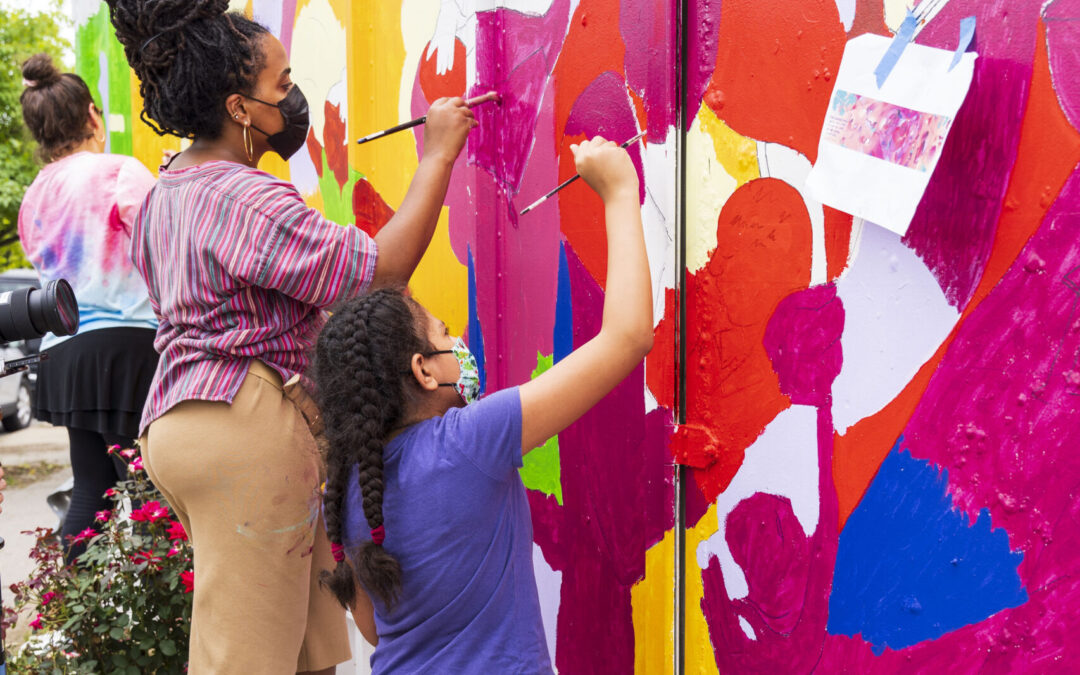How do you define culture change? While we know the transformative power of culture change (it’s in the name of our fund after all) the term has been interpreted in many ways. In order to unpack its meaning and clarify the importance of funding culture change, we partnered with Favianna Rodriguez, President of the Center for Cultural Power, to lead our funding community through a learning session focused on the power of culture change. Here are some of our key learnings:
How culture change results in social change

Favianna describes social change happening in three ways: political, economic and cultural. However, she argues that cultural change happens before political and economic change — actually influencing the full spectrum of social change. She offers a few tangible examples, such as the visibility of queer people on television paving the way for gay rights legislation and how the “Me Too” movement ushered in a reckoning of accountability. It’s the authentic stories told by people impacted by injustice that changes perspectives — and that is what changes systems and behaviors for the long-term. For these reasons, investing in culture change work is key to a well-rounded social change work ecosystem.
Why youth are culture change agents

We know youth are visionaries — they are bold and unafraid to try new things. But they need to be nurtured if they are to stay in the movement. Favianna has seen the potential in youth through her work but is limited by funding structures that support adult-led initiatives and suggests leveling the playing field by giving all young people access to the arts.
What more money would mean for culture change
While culture has the ability to help us push the social change we are fighting for, it has never been fully supported. Part of the problem is that cultural change straddles the line between social justice and the arts, two fields in which people of color are not funded equitably. The movement has organized itself to embrace cultural change strategies but it has only recently gained attention by funders.

Since culture change not only fuels the dismantling of harmful systems but also has the power to envision alternative realities, more funding would open the door to innovative ideas by creating spaces of joy, resilience and recharging.
How funders can support culture change

Favianna called on funders to think about building not just cultural power, but also cultural justice, in order to engage more youth social change organizers and build bridges between movement and artists. Some of the ways include investing in:
– Experimentation (ex.: How can artists and youth organizers collaborate to use music and sound to amplify messaging?)
– Evaluation tools (testing what resonates with communities)
– Connecting artists to resources and youth organizations
Here at YOCCF, we believe that culture change is one of the most important (and underutilized) tools to advance racial and social justice in their communities. It’s time more funders recognize the power of culture change and support youth at the helm.
